
Games like Minecraft or Grand Theft Auto V, you’ve probably heard, move tens of millions of copies with ease. They’re the olympic idols of interactive entertainment. Most games are lucky to snag much humbler totals. Clearing a mere million copies worldwide if your name isn’t Call of Duty or Battlefield or Mortal Kombat remains a laudable feat.
So it’s kind of a big deal that Elite Dangerous, a hardcore space simulator for PC, Mac, and Xbox One, can now boast 1.4 million copies sold since it rolled out of dry dock in December 2014. That’s according to studio Frontier Developments, whose CEO and industry vet David Braben notes the average player spends 60 hours with the game.
Space sims haven’t been mainstream for decades. The studio carrying the torch until recently was Egosoft, with its impenetrable-to-casual-players X series. Yes, there’s Chris Roberts’ Star Citizen, crowdfunding’s belated Moby Dick, with an over $102 million purse — a world record so far ahead of the next-biggest project it boggles the mind! But it’s still in development, with a release date nowhere in sight, only for Windows and Linux PCs, and who knows if it’ll be worth the wait or all its well-wishers’ pallets of gold when it finally arrives.
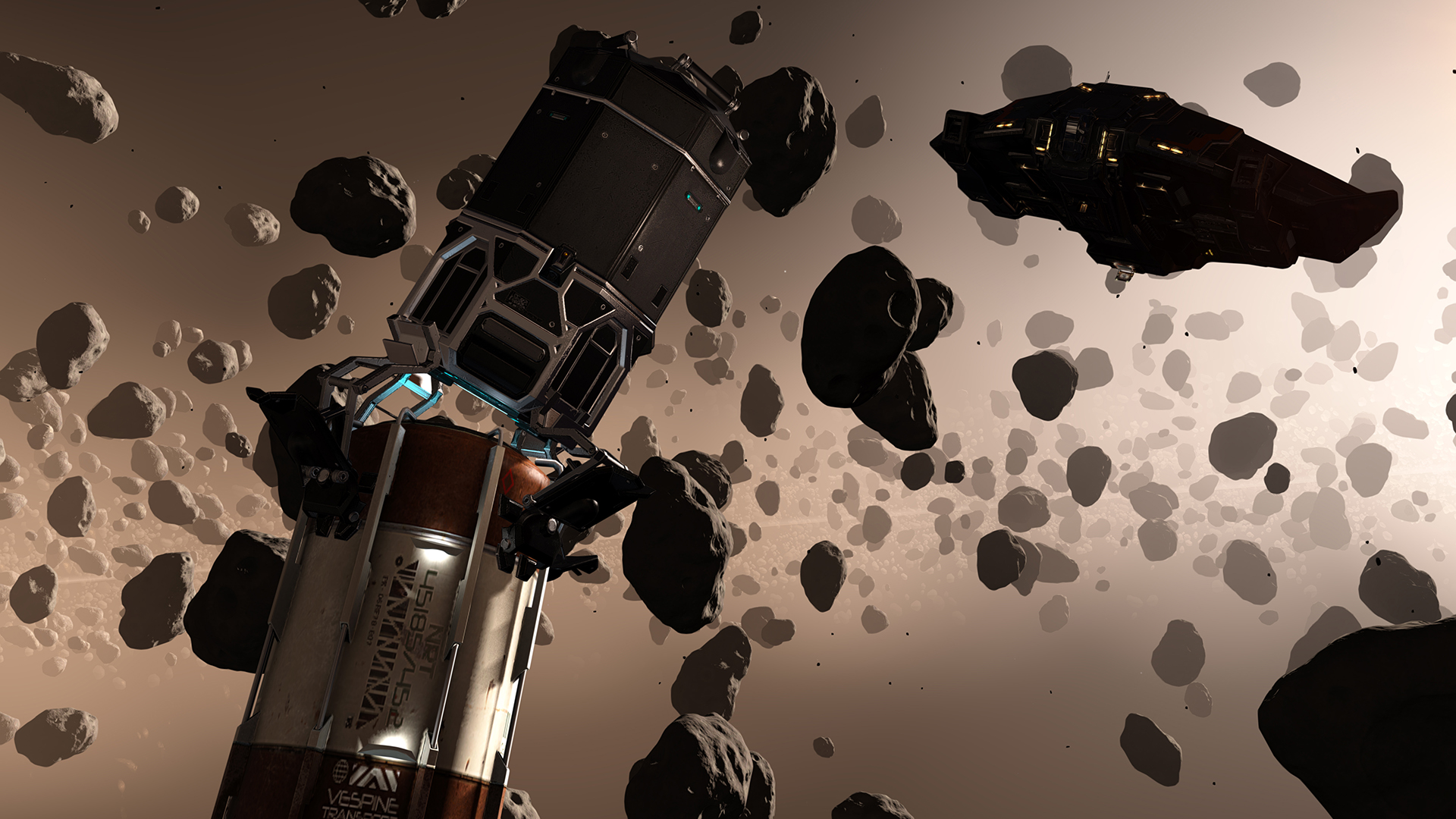
To see Elite Dangerous move north of a million units takes me back to the 1990s, when we naively split video games into rote genres: “action,” “adventure,” “strategy,” “roleplaying,” “wargame” and such. “Simulation” used to have its own silo, into which we placed stuff like Microsoft Flight Simulator, Microsoft Space Simulator, Red Baron, the Jane‘s games, IL-2 Sturmovik, and the original Elite. That silo’s still out there, if you follow studios like Eagle Dynamics (the Digital Combat Simulator series) or Laminar Research (X-Plane). But simulations are complex, and vast, and often require boutique peripherals to fully appreciate.
10. Prune

As its name suggests, Prune is a game about removing things to nurture other things, where you swipe your finger to sever restrictive limbs and free others to grow. But it’s also about basking in a minimalist garden of forking paths as you work out the spatial logistics of coaxing a tree to blossom. It’s both an arboricultural exercise and a meditation–on light, darkness, color, sound and perhaps most of all, the things we’re forced to leave behind.
[iOS, Android, Windows Phone, PC]
9. Rise of the Tomb Raider
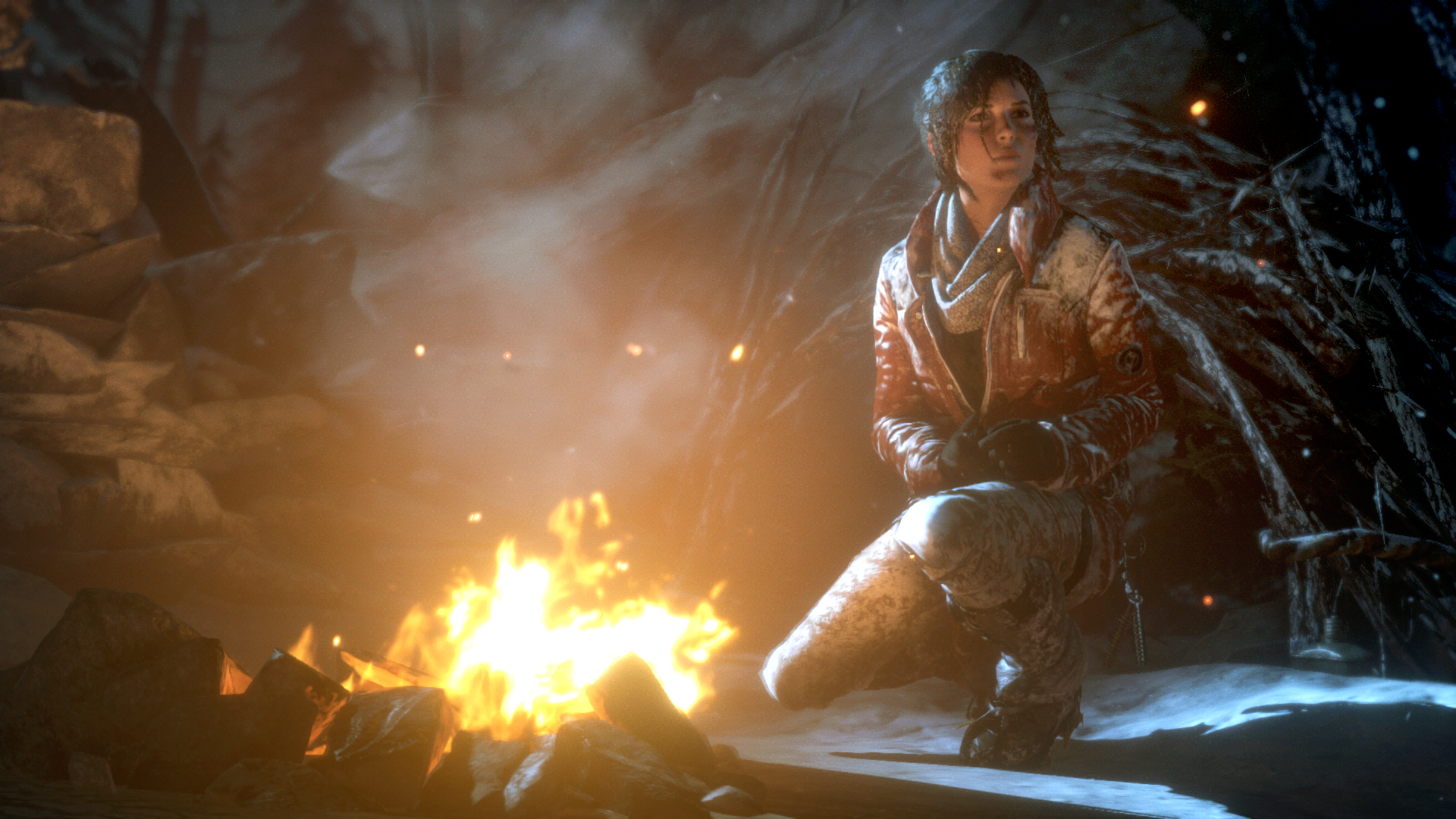
The antithesis of Sony’s linear, shoot-heavy Uncharted games, Rise of the Tomb Raider moves at comparably ruminative speeds, embedding you in its bleakly beautiful and broad wintry landscapes with only your wits and scant weapons. It’s both a study in how to craft a relatable protagonist whose every fight is tooth and nail, and the best puzzle-exploration-survivalism odyssey since Crystal Dynamics’ 2013 series relaunch.
[Xbox One, Xbox 360]
8. Metal Gear Solid V: The Phantom Pain

Metal Gear Solid creator Hideo Kojima’s series swan song turns out to be his finest work yet, a tactical stealth simulation wrapped in a colossal resource management puzzle inside a love letter to theatrical inscrutability. It’s a clandestine feast of open-world prowling, a tactical toybox staged in sprawling bulwarks bristling with eerily sentient enemies–the new pinnacle of stealth gaming, and a triumphant final act from one of our luminaries.
[PC, PlayStation 4, Xbox One]
7. Her Story

A whodunit subjectively pieced together by scanning full-motion video clips that require you to spill real-world ink turns out to be a superlative example of how to rivet employing the sparest techniques. It’s complexity from simplicity, a mesmerizing, hybrid investigative-voyeuristic experience where you observe a woman interviewed by detectives about a 1994 murder, unraveling (or deepening) the mystery by lighting on terms or phrases used to ply a vast but fragmented database, trying to puzzle out what happened — and why.
[iOS, Mac, PC]
6. The Witcher 3: Wild Hunt
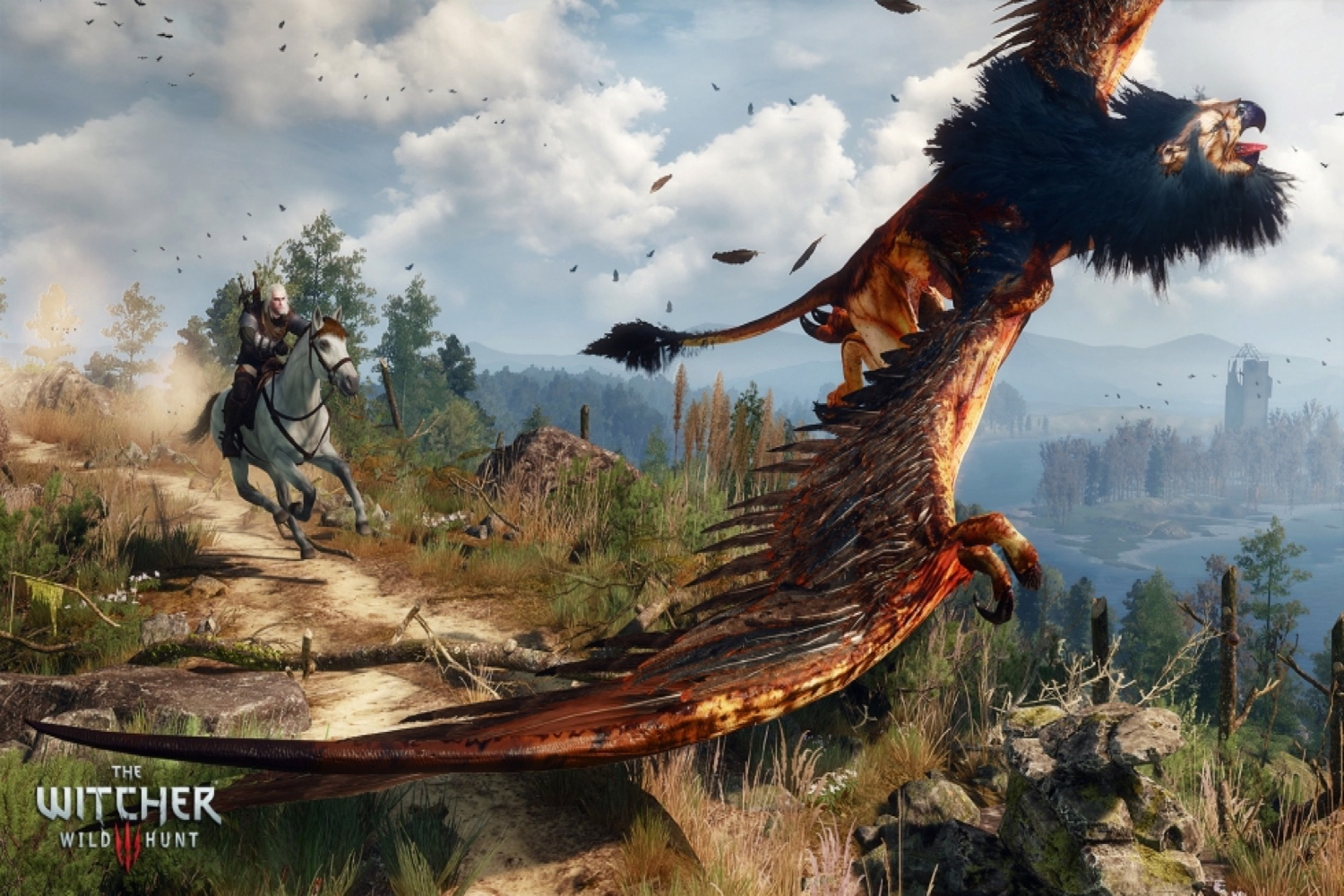
One way of talking about studio CD Projekt Red’s open-world magnum opus The Witcher 3: Wild Hunt might be “the game that made me like Fallout 4 less.” It’s that near roleplaying perfection, assuming you like slow-burn fantasy games about potion-chugging mutants and ethical courses of action with inexorably bleak outcomes. The Witcher 3 is to the rest of the video game roleplaying genre as George R.R. Martin to J.R.R. Tolkien.
[PC, PlayStation 4, Xbox One]
5. Super Mario Maker
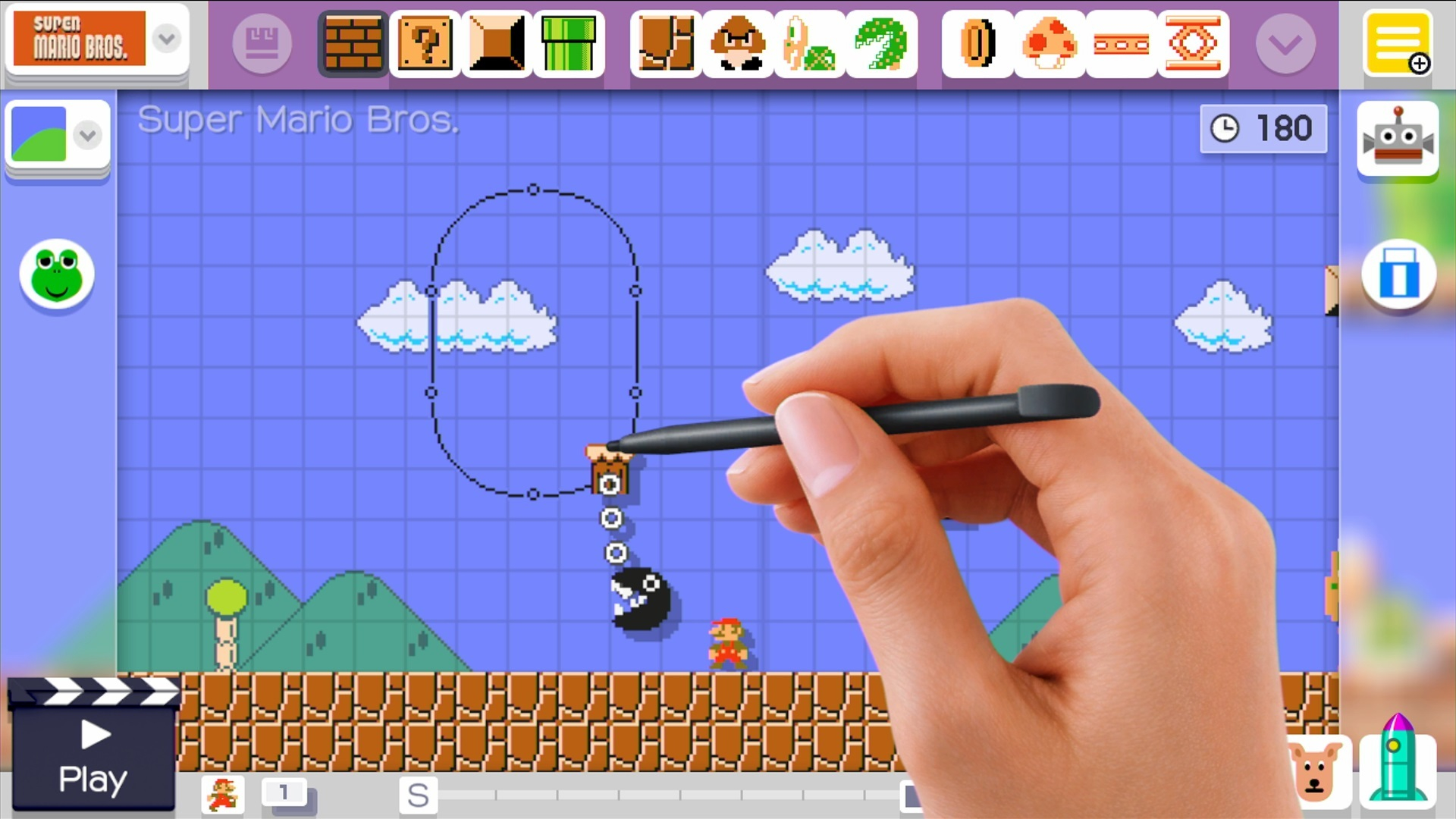
It’s Super Mario Bros., Super Mario Bros. 3, Super Mario World and New Super Mario Bros. U rolled into a rich but accessible toolbox, letting players create and share whatever bizarre level ideas they can dream up. Why it took Nintendo this long to release a Super Mario level maker is anyone’s guess, but if one game sells the two-screen idea of the Wii U–the stylus is essential here–it’s this one.
[Wii U]
4. Ryan North’s To Be or Not to Be
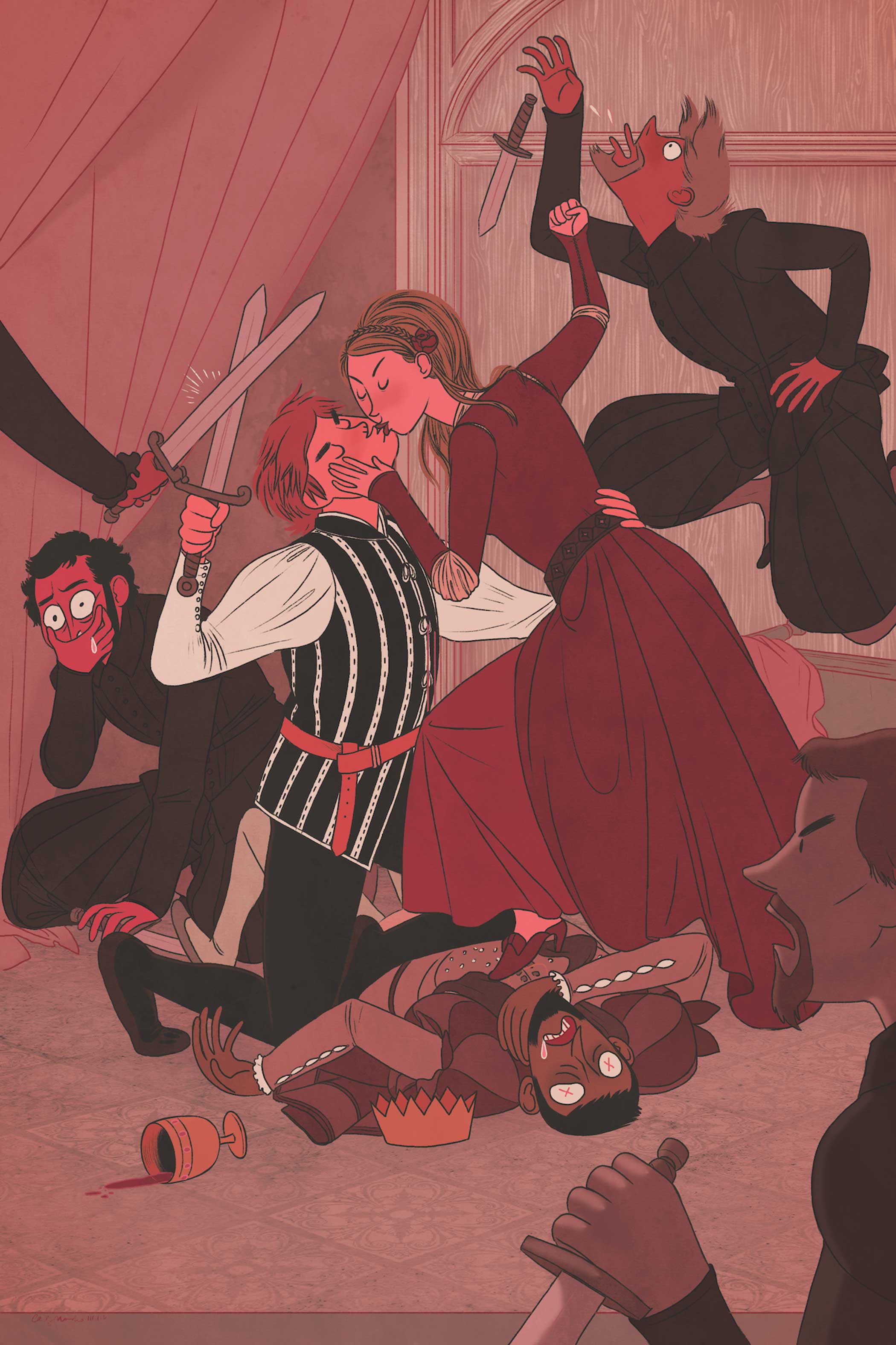
Ryan North’s To Be or Not to Be is the digi-fied version of a crowdfunded 768 page choose-your-own-adventure that came out a few years ago in book form. Studio Tin Man Games’ digital version is the quirkiest, funniest, most insightful retelling of Shakespeare’s Hamlet I’ve experienced in any medium. Multiply by a gazillion possible narrative routes, cultural takedowns and goofy cameos by everything from ghostly aliens to undead presidents. Like Inkle Studios’ 80 Days last year, it’s the smartest bit of interactive fiction you’ll flick through all year.
[PC, Android, iOS]
3. Batman: Arkham Knight
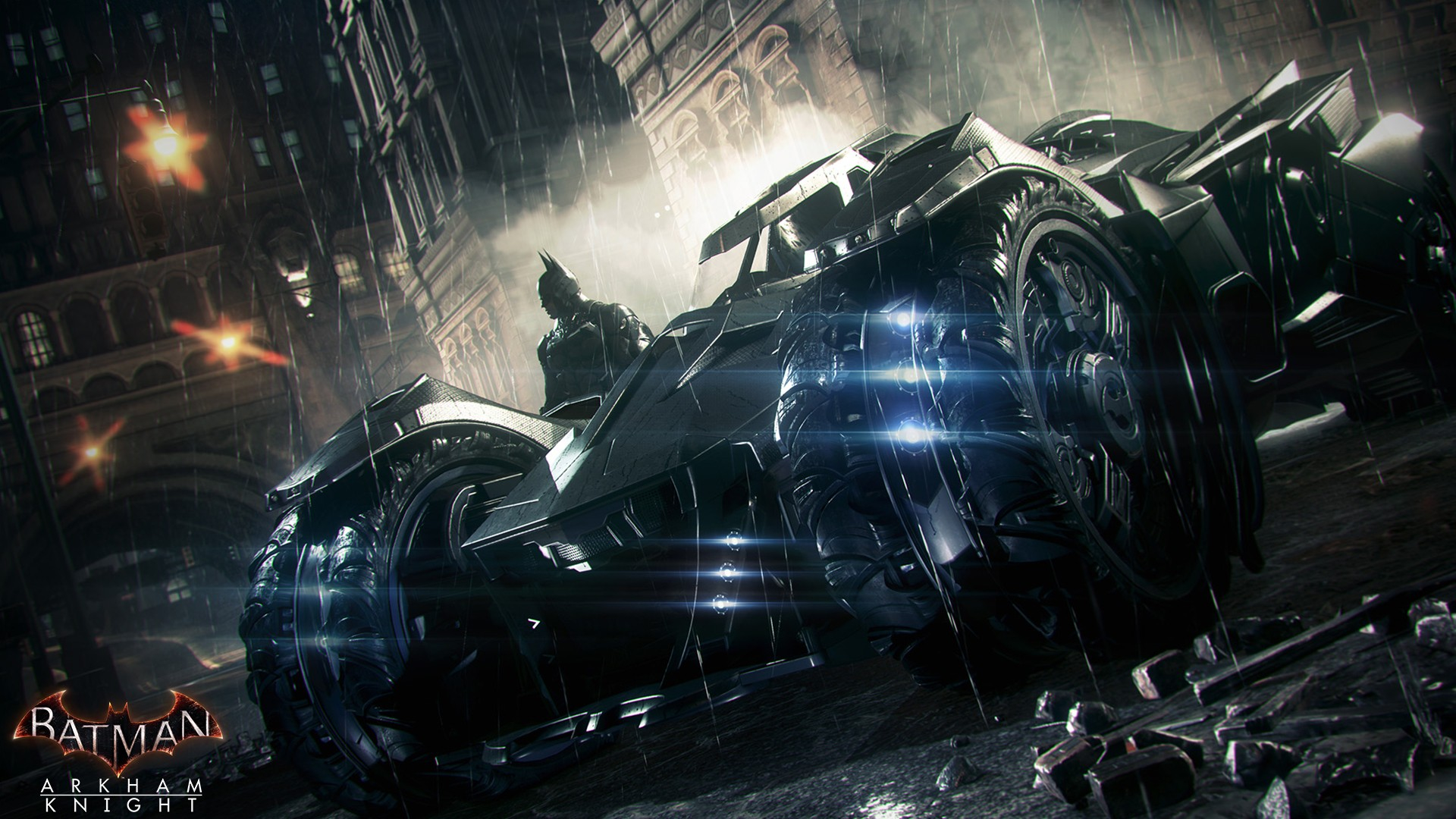
Rocksteady reversed the curse of the shoddy superhero tie-in when it surprised with Batman: Arkham Asylum six years ago. Arkham Knight is everything the company’s learned since cranked to 11 with a side of 12. And it’s not just a fitting fireworks finale that banks on past design glories rubbed in next-gen gloss: the studio took big risks by turning Arkham Knight into a buddy game, pairing Batman with the Batmobile, managing to make its inclusion both essential and exhilarating.
[PC, PlayStation 4, Xbox One]
2. Undertale
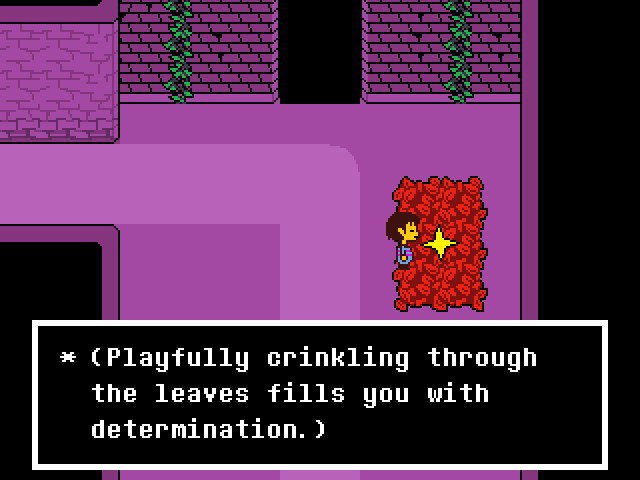
In the guise of a Japanese roleplaying game, Undertale is an investigation of what may really be happening when we play so-called Japanese roleplaying games. It’s a fantasy odyssey that deconstructs itself as you wander. It invites replays, winking at us like a smarter, subtler version of a “Let’s Play” YouTuber shouting insults at the screen. And it’s relentlessly, fastidiously obsessed with helping us see the consequences of the choices so often flippantly made, and the implicit violence we’re wont to do in the name of freedom.
[PC]
1. Splatoon
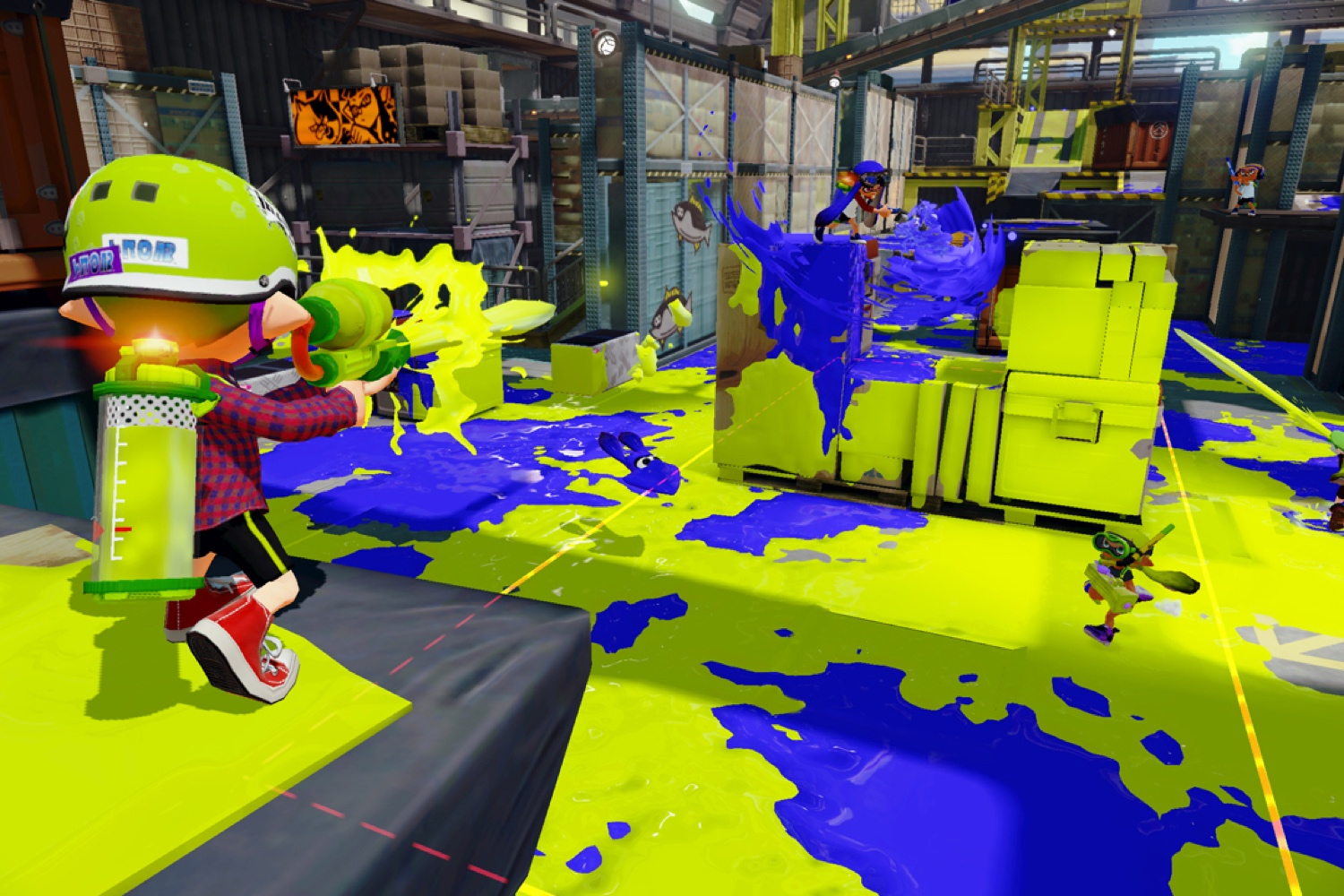
Nintendo’s best idea in years, Splatoon sees two squads of four players battling in skatepark-inspired arenas, outfitted with ink-spewing gadgetry and one imperative: to paint as much of their team’s color on the ground as possible before time runs out. There’s nothing else quite like it, nor the cathartic dopamine jolt to be had when you sail up a paint-smeared quarter pipe, an Inkzooka at the ready, leap over the edge, take aim with your weapon, and reduce a startled opponent to goo.
[Wii U]
Less so Elite Dangerous. It’s definitely complex, and with its ridiculous boasts of “hundreds of billions” of visitable star systems, vast beyond playable calculation. But you can wing around all that emptiness with a gamepad. It has tutorials (you’d be surprised how many simulations don’t). And it’s as comfortable experienced on a console like the Xbox One as a PC.
And with SteamVR virtual reality support confirmed (HTC’s Vive and Oculus Rift rival arrives in April), it’ll soon let us wrap all that star-flecked interstellar vacuum around our faces, a full 360 degrees.
More Must-Reads from TIME
- Why Trump’s Message Worked on Latino Men
- What Trump’s Win Could Mean for Housing
- The 100 Must-Read Books of 2024
- Sleep Doctors Share the 1 Tip That’s Changed Their Lives
- Column: Let’s Bring Back Romance
- What It’s Like to Have Long COVID As a Kid
- FX’s Say Nothing Is the Must-Watch Political Thriller of 2024
- Merle Bombardieri Is Helping People Make the Baby Decision
Write to Matt Peckham at matt.peckham@time.com